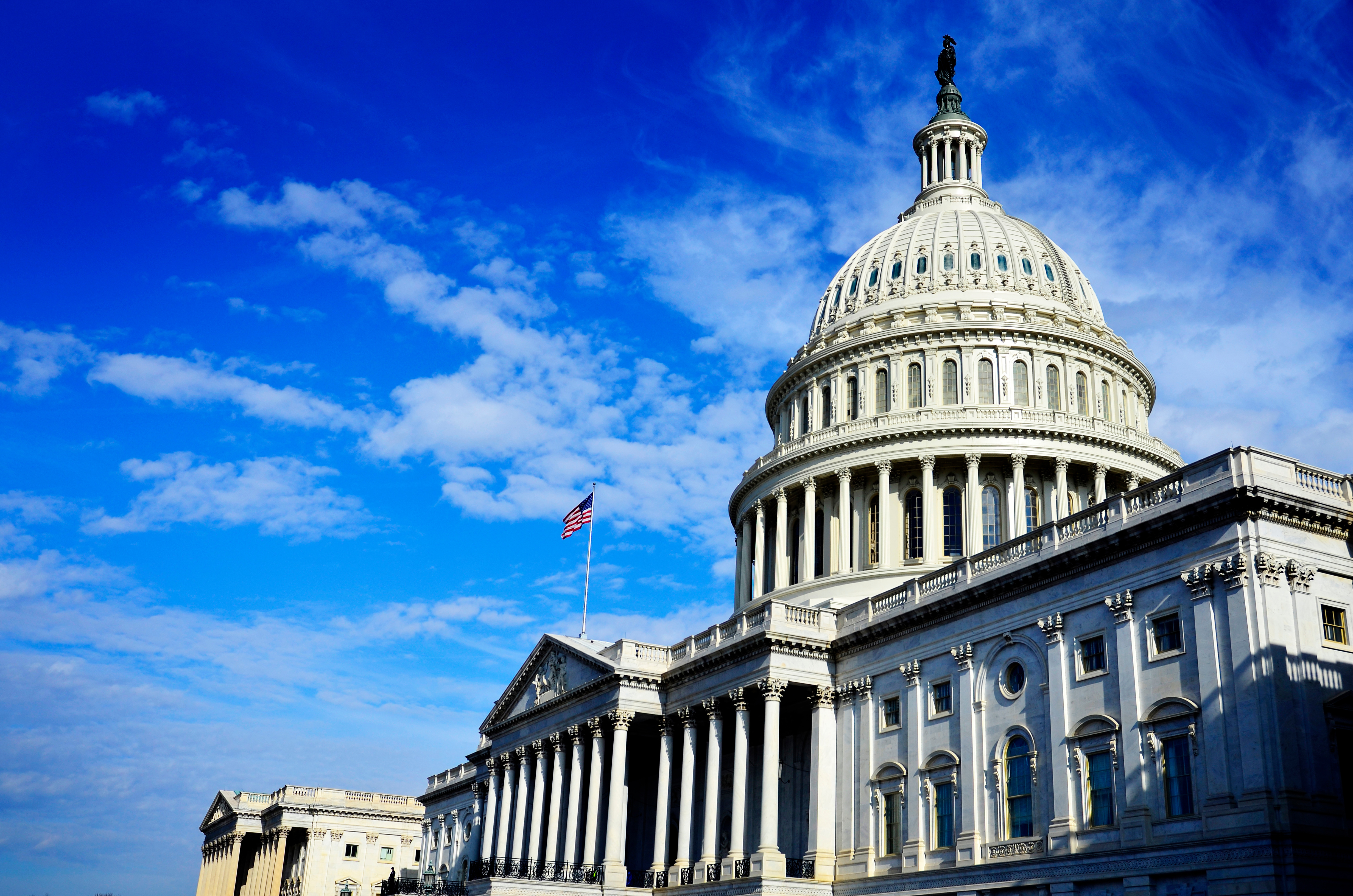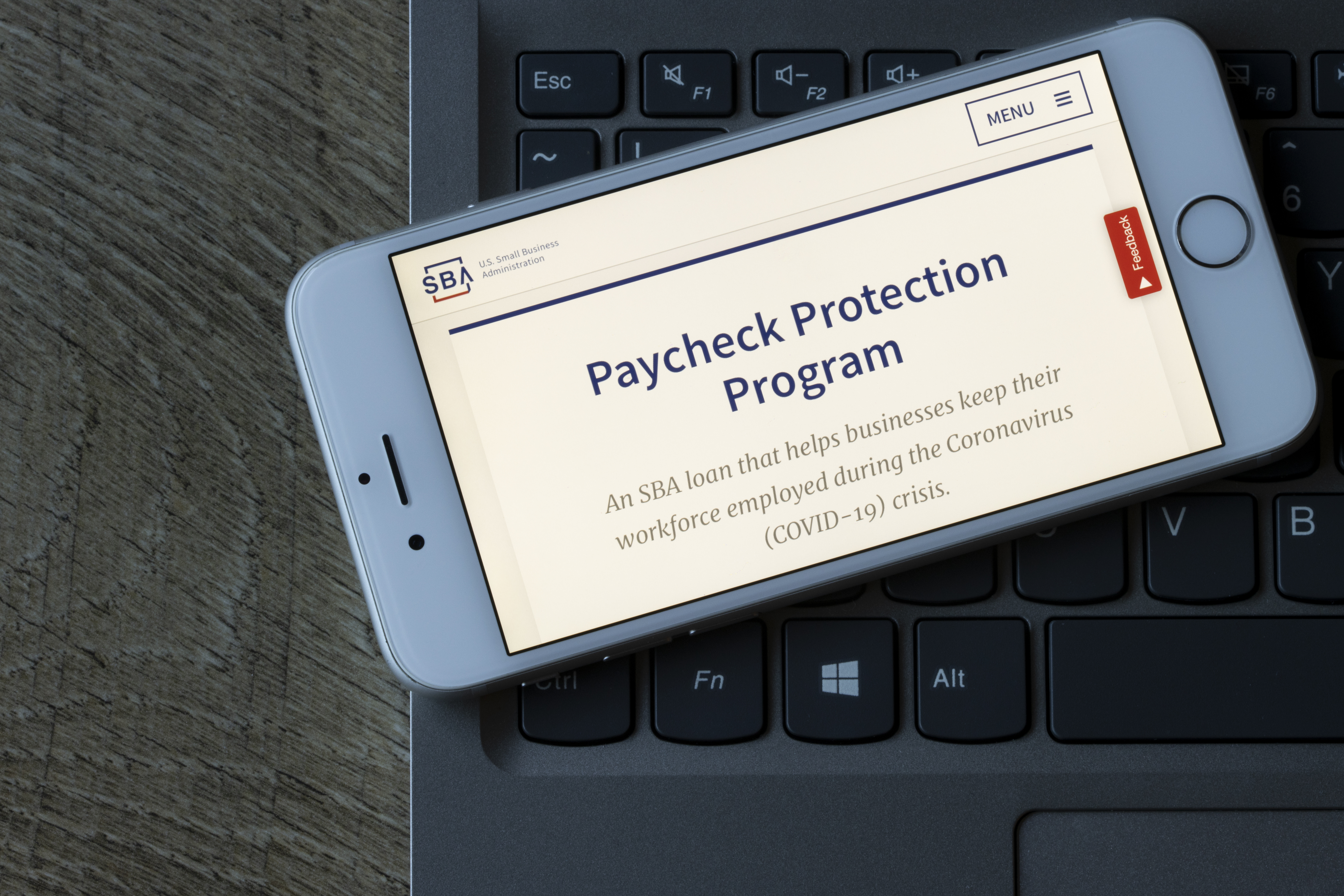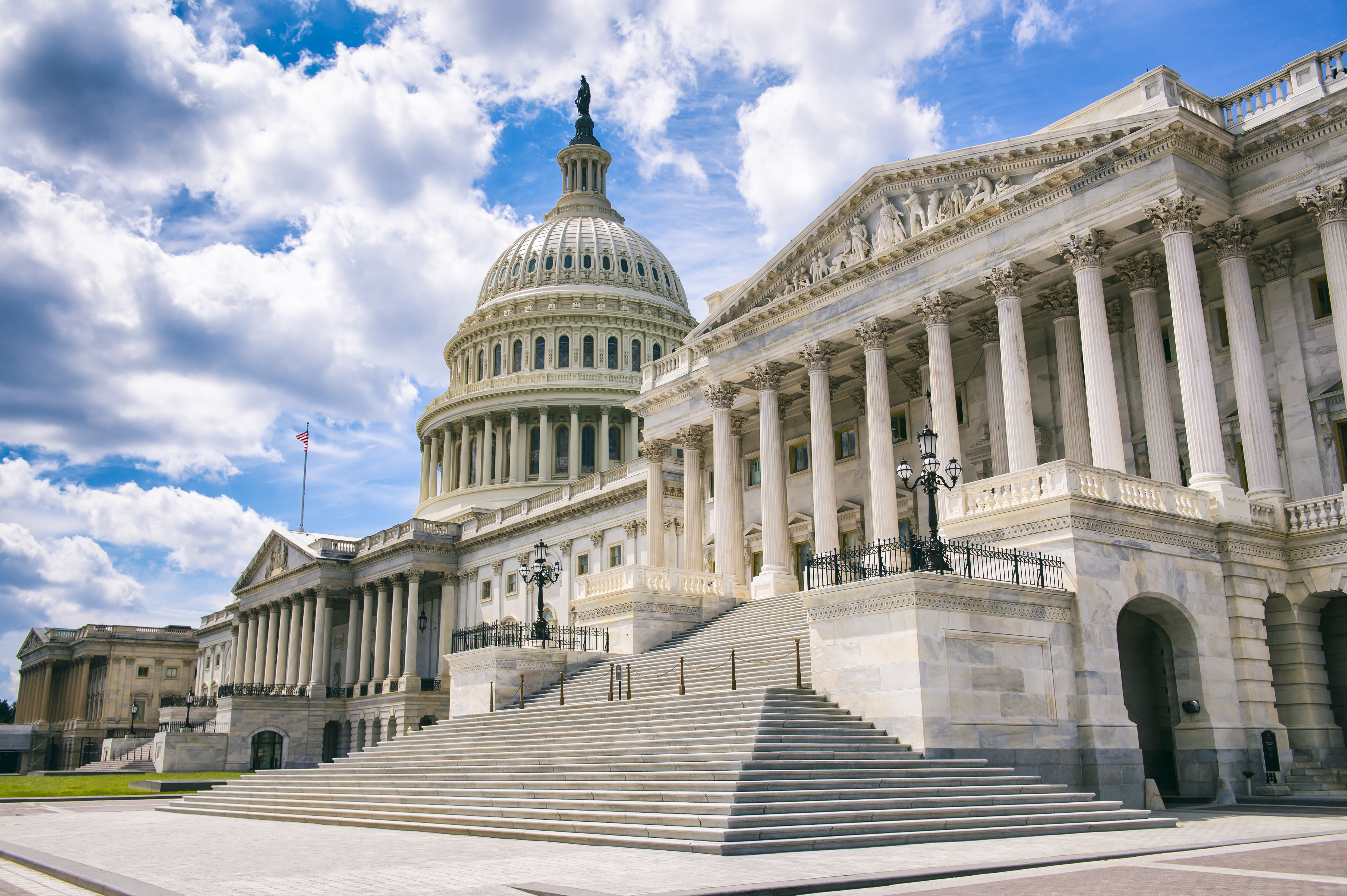The Employee Retention Credit (ERC) was a valuable tax credit that helped employers that kept workers on staff during the height of the COVID-19 pandemic. While the credit is no longer available, eligible employers that haven’t yet claimed it might still be able to do so by filing amended payroll returns for tax years 2020 and 2021.
In today’s tough job market and economy, the Work Opportunity Tax Credit (WOTC) may help employers. Many business owners are hiring and should be aware that the WOTC is available to employers that hire workers from targeted groups who face significant barriers to employment. The credit is worth as much as $2,400 for each eligible employee ($4,800, $5,600 and $9,600 for certain veterans and $9,000 for “long-term family assistance recipients”). It’s generally limited to eligible employees who begin work for the employer before January 1, 2026.
Like the rest of the country, we have been waiting to learn what President Biden’s federal tax proposal will look like, and how it will impact individuals and businesses. On October 28, 2021 Biden announced a new version of the Build Back Better (BBB) framework that outlines spending provisions of $1.75 trillion over ten years, and revenue offsets of up to $2 trillion during that time period.
When the Tax Cuts and Jobs Act (TJCA) was enacted in 2017, it limited the amount of state and local taxes (SALT) that individuals can deduct for federal income tax purposes to $10,000 (or $5,000 for a married individual filing separately). This “SALT cap” has brought on a flurry of legislative action as states enact Pass-Through Entity (PTE) tax elections that allow owners of PTEs such as S-Corporations and Partnerships to bypass the SALT cap by allowing their share of taxes to be paid by the entity at the entity level, and therefore lowering the owner’s federal income tax liability.
Are employees at your business traveling again after months of virtual meetings? In Notice 2021-52, the IRS announced the fiscal 2022 “per diem” rates that became effective October 1, 2021. Taxpayers can use these rates to substantiate the amount of expenses for lodging, meals and incidental expenses when traveling away from home. (Taxpayers in the transportation industry can use a special transportation industry rate.)











